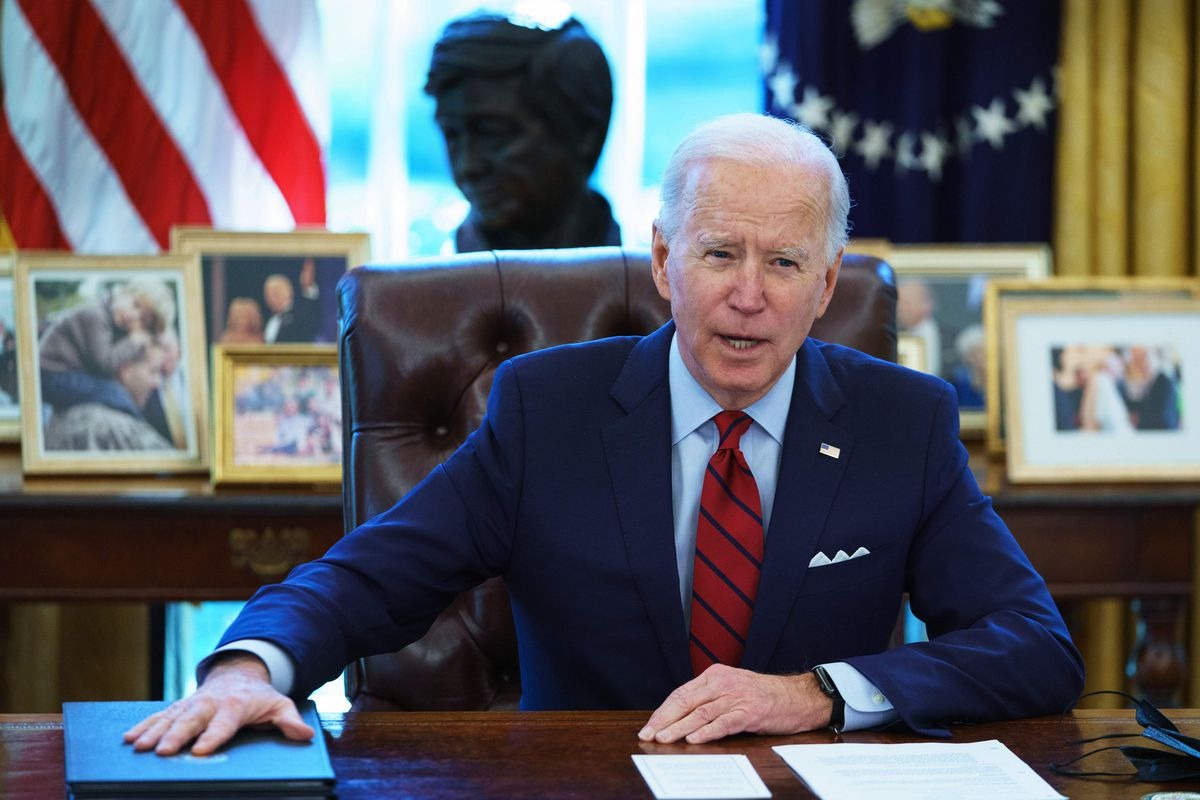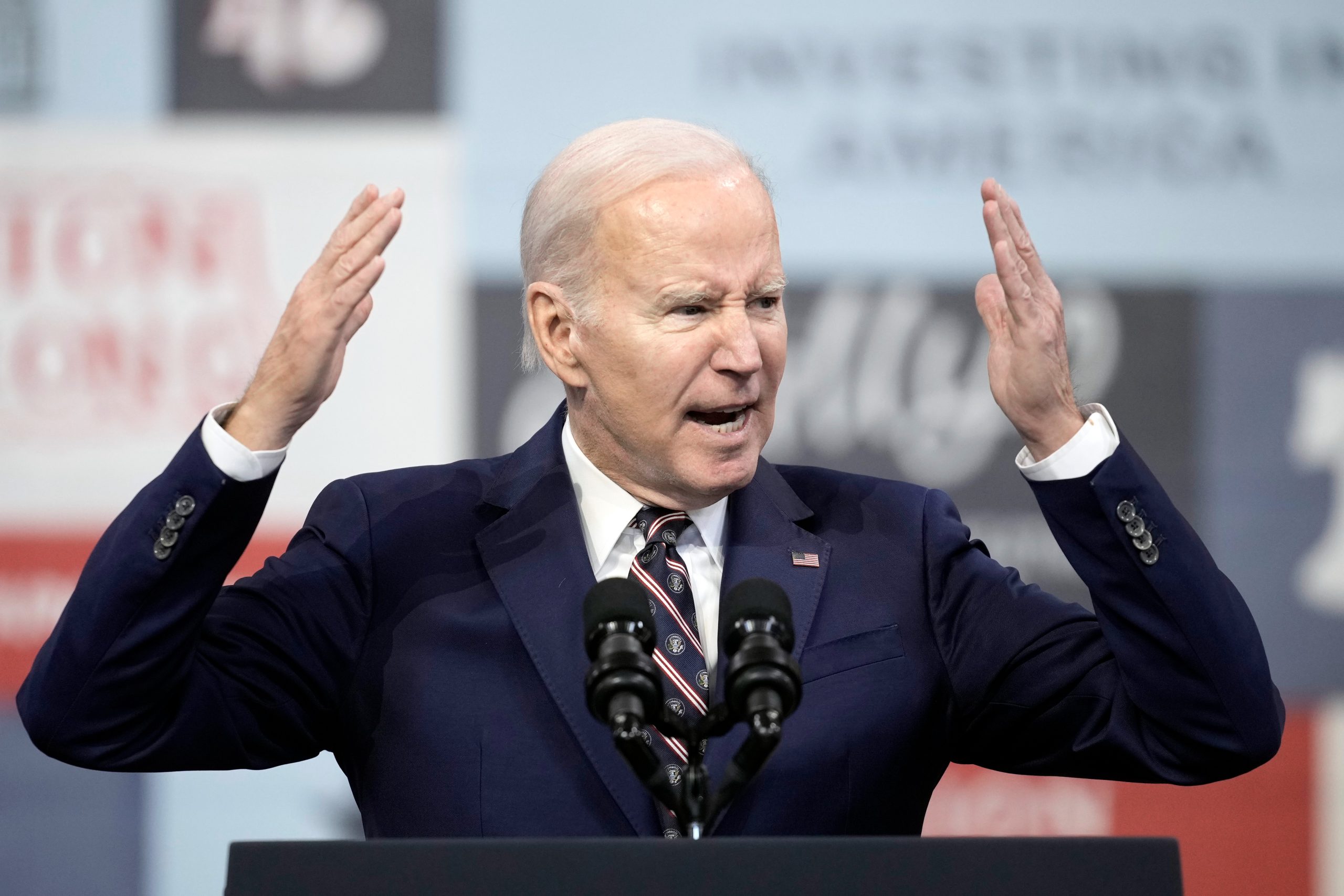President Biden has released his budget proposal for fiscal year 2025, requesting $7.3 trillion in government spending. The budget aims to reduce the deficit by raising taxes on the wealthy and corporations, while also investing heavily in new policy initiatives.
The plan includes measures such as universal prekindergarten education, paid family and medical leave, and tax breaks for first-time home buyers. Biden’s budget also seeks to lower the cost of college and housing, among other priorities.

To offset the spending, Biden is proposing tax increases on the wealthy and corporations, including a minimum 25% tax rate on unrealized income of very wealthy households and raising the corporate tax rate.
The budget also includes funding to strengthen the Internal Revenue Service to better scrutinize the wealthy and corporations.
Republicans have criticized the budget, calling it reckless and expressing concerns about increasing taxes and spending. They have proposed their own budget, which includes spending cuts and no tax increases, aiming to reduce deficits each year and achieve a surplus by 2034.

Given the split between the House and Senate, it is unlikely that Congress will agree on a full budget. Instead, they may agree on overall spending levels and leave it to the spending committees to allocate the funds.

